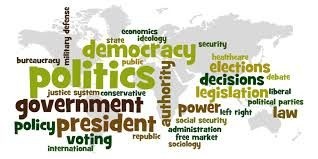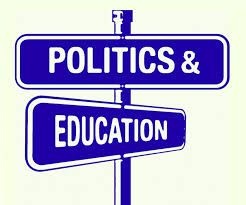
The voice had to be listened to, not only on account of its form but for the matter which it delivered. It gave a message to the country that it needed greatly, it brought to the common people a realization of their duty to concern themselves with their affairs. The common people were made to take an interest in the manner in which they were governed, in the taxes they paid, in the return they got from those taxes. This interest in public affairs --- politics as you may call it --- was to be the concern no longer of the highly educated few but of the many --- the poor, the propertyless, the workingmen in town and country. Politics was not to be the concern of a small aristocracy of intellect or property of the masses.

An with the change in the subjects of politics that voice brought about also a change in the objects of politics. Till then politics had busied itself mainly with the machinery of Government towards making its personnel more and more native, with proposals for a better distribution of political power, with protests against the sins of omission and of commission of the administration. This voice switched politics on to concern for the needs of the common people. The improvement, especially of the lives of the people of the neglected villages, was to be placed before Governments and political organizations as the goal of all political endeavour.

The raising of the standard of living of the people of the villages, the finding of subsidiary occupations which would give the agricultural poor work for their enforced leisure during the off season and an addition to their exiguous income, the improvement of the housing of the poor, the sanitation of the villages --- these were to be the objectives to be kept in view all at the politics of a good nation.




